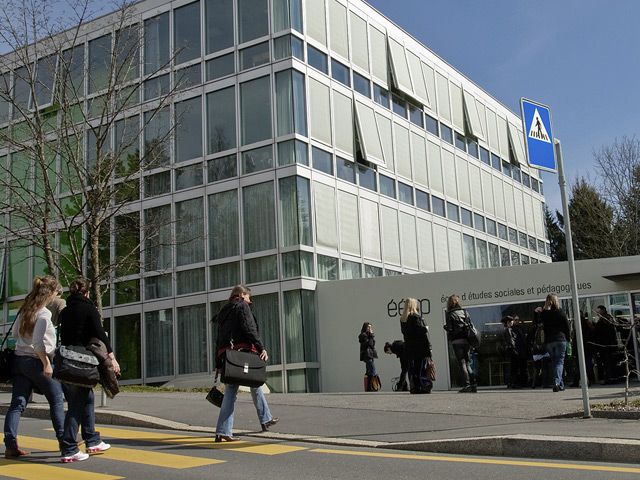End of life and social work
2.7 - 13.7.2012 (3rd edition)
The ‘‘end-of-life’’ term refers to a particular time period experienced by individuals whose life expectancy is reduced, in decline or suddenly comes to its term rather than to an age group or a life phase. This last moment of life, that may or may not come about in a predictable way, also includes all elements of care and support offered to dying persons and their close relatives between the time when death is near and the beginning of the mourning period.
During the last thirty years, social work has progressively invested in the ‘‘endof- life’’ field. Social work has contributed to adapting social support to the reality of severely ill people and to the needs of their relatives experiencing rupture, crises and death. Inspired by health care practices and by specific palliative care approaches, it has participated in interdisciplinary and inter-professional efforts to provide help and support. Social work has increasingly sought to develop its own stance on individual, yet collectively relevant issues of ethics, psychology, societal issues and public policies such as respect of individuals’ autonomy and self-determination, social integration, support provided to residents of social care institutions, family and informal carers’ roles, gender relations, types and roles of rituals as well as bereavement support for employees or for clients of social services.
The 2012 Summer University will focus on the way social work addresses these issues. It will attempt to define the role and place social work should take in a wide range of ‘‘end-of-life’’ situations: how does the part played by social work fit in with tasks carried out by other professionals? What is its specific contribution to families, close friends or the social environment? To what extent do social workers become engaged in ‘‘end-of-life’’ care and how far should they go in order to legitimate their skills and usefulness in the fields of ‘‘end-of-life’’, death and mourning? How does social work face these realities in different national
contexts?
For two weeks, participants in the Summer University will be given the opportunity to explore these questions, discuss them with various international experts, share experiences from their own professional backgrounds and strengthen their common analyses of specific issues during workshops.
The organizing University
HETSL - HES-SO

Involved and invested.
At the heart of society.
Driven by its values of openness, professional expertise and efficiency in the fields of social work and health, the HETSL adopted a new signature moto 2020 : "Involved and invested. At the heart of society."
This symbolises its commitment to grounding its action in social cohesion and integration of people in precarious situations. To achieve this, the HETSL relies on a strongly rooted participatory culture, including its institutional bodies, the Students' Association and regular exchanges with professional circles relaying the realities in the field and dialogue with its institutional partners.
The HETSL offers Bachelor's level courses in Social Work[Fr] and Occupational therapy[Fr]. Its teaching is practice-oriented and prepares tomorrow’s professionals to be involved at the heart of society. Within the HES-SO, the HETSL participates in Master level courses in its fields of expertise, thus offering its graduates the possibility of pursuing a tertiary training programme. It is active in continued education as well as in research and development. It also offers services to public and private organisations.
With its 180 employees and the help of numerous temporary workers, the HETSL offers training in two HES courses, aimed at a public of around 800 students: the Bachelor of Arts in Social Work[Fr] and the Bachelor of Science in Occupational Therapy[Fr].
The HETSL is actively involved in the Master of Arts in Social Work[Fr], which is organised in French-speaking Switzerland with the Universities of Social Work in Geneva, Fribourg and Valais, as well as with SUPSI, the University of Applied Sciences of Italian-speaking Switzerland. It is also involved in the organisation of the Master of Sciences in Health Sciences[Fr], a joint interprofessional Master's degree with the University of Lausanne (UNIL) and the four universities of applied sciences in the domain of Health of the HES-SO.
The HETSL's Continued Education Unit[Fr] also offers short courses and certification courses (CAS, DAS, MAS), enabling professionals in the field to complete and perfect their training.
The Health and Social work Research Laboratory (LaReSS) conducts a great deal of research, which helps to advance current knowledge, solve practical problems, feeding it’s findings directly into teaching. The results of research are presented at conferences and give rise to numerous publications; LaReSS also provides services, particularly in the form of expertise and evaluation mandates. Finally, the HETSL benefits from specific expertise networks which, by bringing together cross-expertise in different fields, enable the development of teaching, research and cutting-edge services.